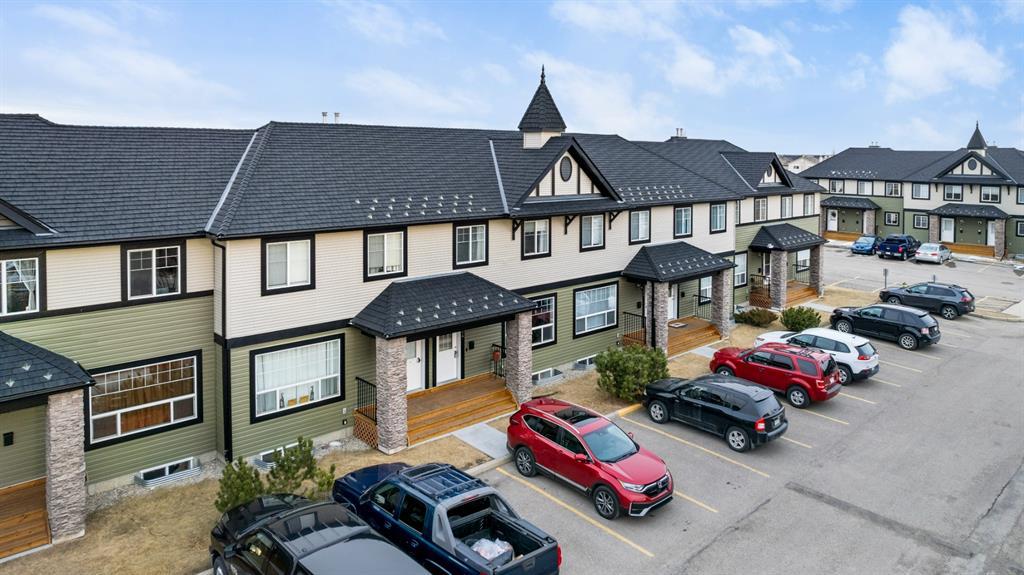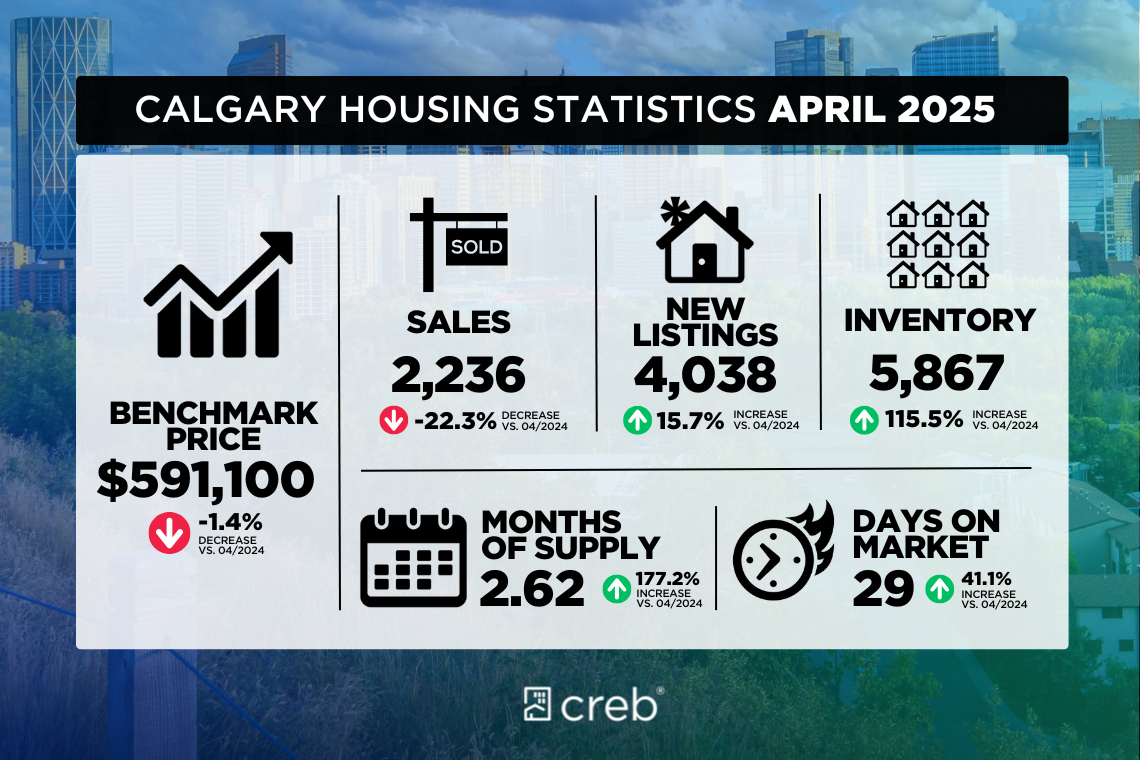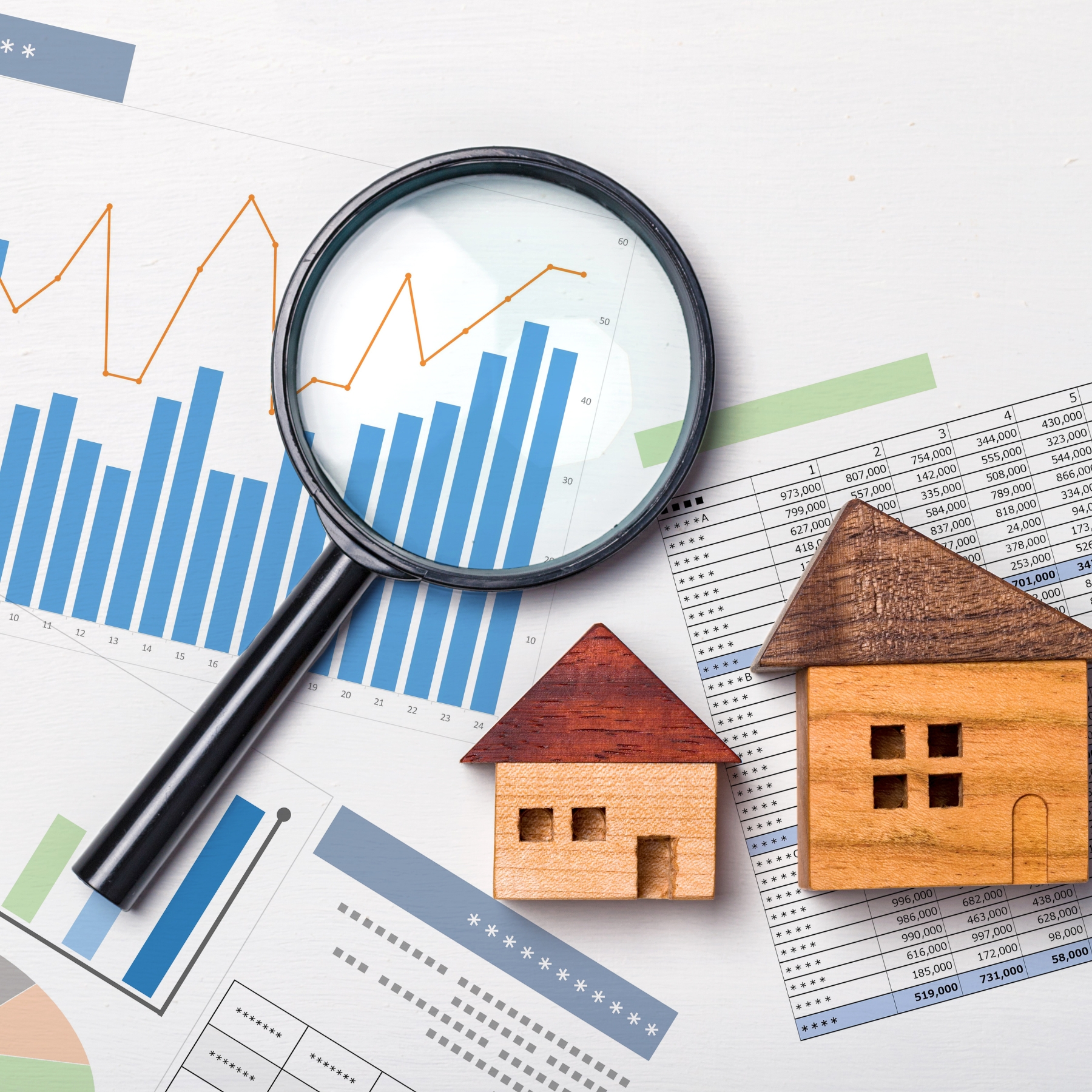
Property tax is pretty straightforward. It’s the amount you pay for owning a portion of land or property. All homeowners pay property taxes annually, depending on their property’s assessed value.
Property taxes are used for funding local programs and services like the operation and maintenance of public spaces. They also include services like police and fire protection, garbage collection, and many more. In Alberta, education is considered a provincial program. It’s included in the property taxes that Albertans pay.
So, how much is property tax in Alberta? The rates differ in every municipality, but let’s look at an overview of the property taxes across the province.
How Much is Property Tax in Alberta?
According to WOWA, the top five cities with the lowest property taxes in Alberta are Canmore, Calgary, Airdrie, Cochrane, and Chestermere. These are based on a $500,000-worth home.
Canmore only charges $2,532 in property taxes each year while Cold Lake (the city with the highest property taxes) charges $7,232. This doesn’t automatically mean that Canmore is the best place to live in Alberta, though.
Let’s put things into perspective. While Calgary has the second lowest property tax in Alberta, you’d still have to consider the housing prices in the city. A $500,000 home in Calgary wouldn’t be as big as a $500,000 home in a smaller town like Airdrie or Okotoks.
While you’re paying less taxes in Calgary, your home might be smaller or have a lesser value than a home in other towns. It’s important to find the perfect balance between housing prices and property taxes. Make sure you’re getting your money’s worth.
Some municipalities might charge a higher property tax rate. But if they’re allotted for local programs and services that greatly help the people, it’s a small price to pay.
How are Property Taxes Calculated?
Property taxes are the product of your property’s assessed value and the municipality’s tax rate. And how are tax rates computed, you ask? They’re the quotient of the municipality’s revenue requirement divided by the assessment base.
Every year, each municipality computes their operating costs for the year. They have multiple sources of revenue like licenses, grants, and taxes. The revenue requirement is the amount they still need for local services after subtracting these known revenues.
The assessment base is the total value of all the properties assessed in the municipality. It’s simply the sum of all property values in the area. Here’s an example of how to compute for a property tax rate.
Tax rate = Revenue requirement Assessment base
Tax rate =$1,000,000 $100,000,000
Tax rate = 0.010
After getting the tax rate, we can now multiply it with the property’s assessed value to get the total amount of property taxt to be paid. Here’s an example using the tax rate we got above.
Taxes payable = Property assessment value Tax rate
Taxes payable = $500,000 0.010
Taxes payable = $5,000
For a $500,000-worth property and a tax rate of 0.010, you’d have to pay a property tax of $5,000 each year.
But that’s not all. Alberta property tax rates also include provincial education tax. This is used to fund primary and secondary education throughout the province. This ensures that all students in Alberta, no matter which school or municipality they’re in, get a high-quality education.
Every year, the province of Alberta computes for the amount that municipalities must contribute to the public education system. They then pool the money from all municipalities and put them into the Alberta School Foundation Fund. In some cases, the funds go directly to a separate school board.
The education tax rate is computed by dividing the province’s required amount by the assessment base. The rate would then be applied to the property’s assessed value and computed as usual. Here’s an example.
Education tax rate = Provincial requirement Assessment base
Education tax rate =$500,000 $100,000,000
Education tax rate = 0.005
Taxes payable = (Property value Property tax rate) +(Property value Education tax rate)
Taxes payable = ($500,000 0.010) + ($500,000 0.005)
Taxes payable = $5,000 + $2,500
Taxes payable = $7,500
You can expect to pay a total of $7,500 yearly for property taxes if your home is valued at $500,000.
Remember that tax rates can change every now and then, depending on the municipality’s needs. If the assessment base increases in value and the revenue requirement stays the same, people would pay less property taxes. If the assessment base stays the same but the revenue requirement increases, people would have to pay more taxes.
Alberta Property Taxes for Rental Properties
There are three approaches for determining the market value of a property. These include sales comparison approach, cost approach, and income approach.
Rental properties fall in the income approach. The premise of the income approach is that the value of a property depends on its income-earning potential. It means that the value is determined by how much a buyer would pay for a property based on its expected rate of return.
Rental properties are included in Class 1 properties because they are still residential. When assessing the value of residential and taxable properties, there are three things that are taken into account. These include parcels of land, improvements, and parcels of land plus their improvements.
Improvements include all attachments to the land that are intended to remain attached. Your property’s value only increases when you add things like a walk-in pantry, room, patio, or swimming pool to the home.
Rental property income should be declared in your tax return. And only your net rental income is taxable. This means that you can reduce your taxes by deducting expenses like property taxes, utilities, or condo fees. It’s important to keep these in mind when you compute the profitability of an investment in rental properties.
Living in Alberta

Alberta does not boast the lowest property taxes in Canada, but they have competitive tax rates. And considering the housing prices in the province and comparing it with other provinces, it’s quite a good place to live in.
Smaller cities like Airdrie offer more value-for-money properties than other cities. They also have great conditions for when you want to invest in rental properties. Property taxes in Airdrie are also one of the lowest in the province.
To recap, here’s what you need to know about Alberta property tax rates:
- Tax rates are computed by dividing the municipality’s revenue requirement by the total assessed value of all the properties in the municipality.
- To get the amount of taxes payable by each homeowner, the property’s assessed value is multiplied by the municipal tax rate.
- Since education is a provincial program in Alberta, the province also requires municipalities to contribute a certain amount to the public education system.
- The education tax is applied to the property’s assessed value. The product is then added to the initial taxes payable.
- The sum of the two taxes payable is the final amount of property tax that the homeowner has to pay annually.
- Each municipality has different tax rates. Property taxes can change yearly, depending on the needs of the municipality.







